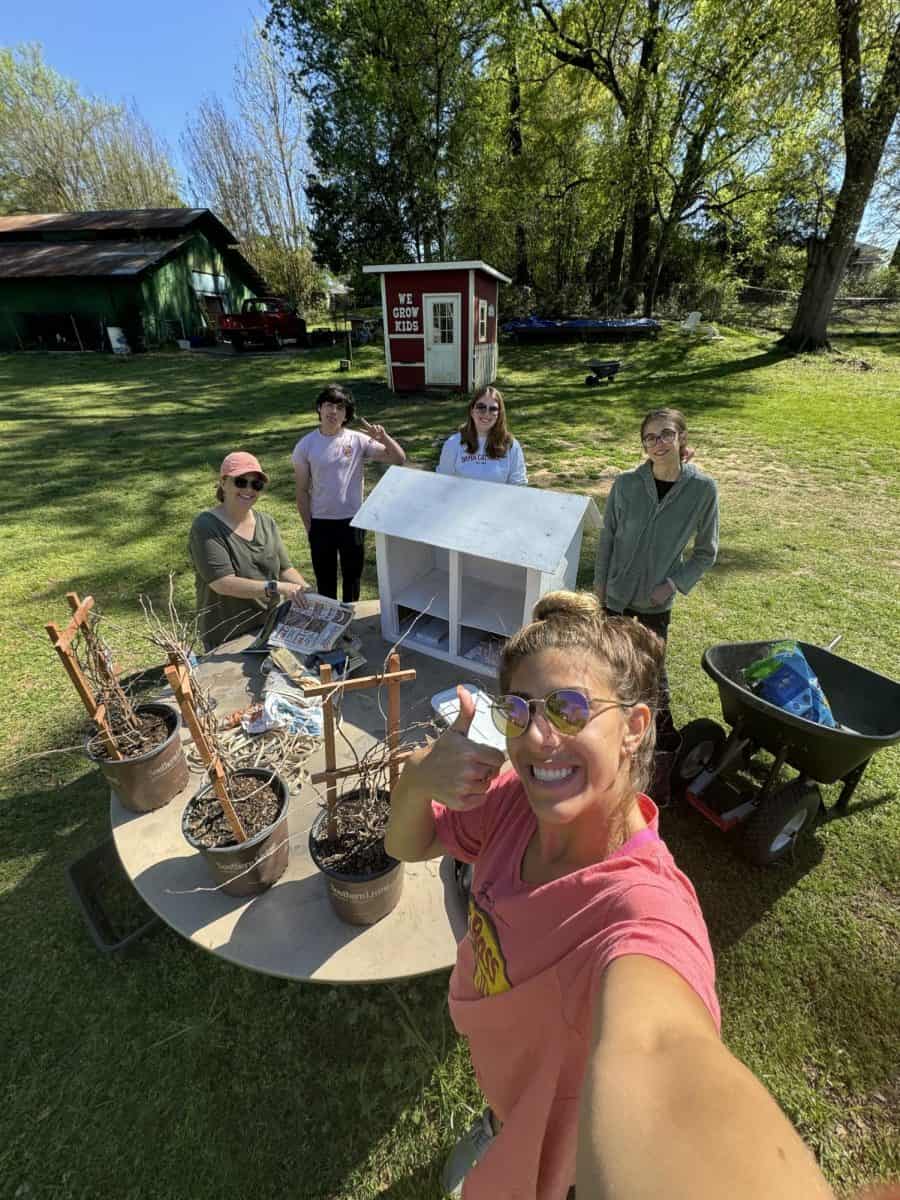With tuition costs rising every year, it is no surprise the percentage of students attending school part-time is rising as well. At The University of Alabama, 15 percent of the 2013 student population was part-time. In 2011, it was just 11 percent.
USA Today published an article in December stating part-time students are less likely to graduate within six years, according to a a study from the National Student Clearinghouse. Balancing a heavy workload of classes can be hard for any student, but working a full, or even part-time, job can make it even more difficult.
Wendy McMillan, director of advising in the College of Arts and Sciences, said when she advises students she takes into account what they are doing outside of school, whether that’s caring for a family, working a full-time job or other responsibilities.
“We want to talk about how to balance those responsibilities and what classes they should take during each semester,” she said. “Taking two biologies in one semester can be very different than taking one plus a less demanding class.”
Advising varies from student to student, but McMillan said it is important to weigh a student’s strengths and weaknesses when looking at what classes to schedule.
For some students, finding that balance can be very difficult. Nick Rumore, a senior majoring in business management, said he never really found the balance he was looking for. Rumore was a part-time student for most of his college career, but recently had to quit his job so he could focus on school to be able to graduate next December.
“I pretty much had to choose,” Rumore said. “My first semester at UA I bit off more than I could take, and I had to drop two classes so I could continue to work and do school.”
Rumore was trying to work 25 hours a week at Chick-fil-A while taking 16 hours at The University of Alabama.
But Rumore is not the only student who may have been a little unprepared for the college course load. The National Center for Public Policy and Higher Education reported 60 percent of first-year college students find they are not ready for postsecondary studies.
Lena Dice, a part-time student at Shelton State Community College, said taking time off was really beneficial for her. During her first year at The University, of Alabama she found it really hard to balance her work and classes, especially when tuition was so expensive.
“When I first started college, I was full-time, but I don’t think I was completely ready for that,” Dice said. “Some people are, but I wasn’t.”
Like Rumore, Dicesaid she found it hard to balance her school work and her job, especially with such long days.
“It can be so exhausting,” she said. “I was teaching pre-school and going part-time.”
Dice ended up taking two years off from school to work and save money while also trying to figure out what she wanted to do.
Rumore could attest to the long, exhausting days. He has noticed a huge difference this semester not having to work and being able to focus on his classes.
“Instead of working for eight hours and then going to class for another couple of hours, I am able to just go to my classes,” he said.
Time off from school, though it may push graduation back even further, can be helpful too. Dice said she didn’t expect to be out of school for two years, but that it was a really good time for her and it has made her appreciate being back in a couple of classes now.
“It made me want my education more,” she said. “Taking some time to grow and mature made me appreciate it all so much more now.”
Sometimes part-time students can feel disconnected from campus, and McMillan said she would encourage any student to come in and talk with an advisor about classes.
“I do think it is important for students to make a connection with their advisor,” she said. “Typically they may not have the opportunity that a full-time student may have, but an advisor or faculty member can be a tremendous part of connecting to campus.”
McMillan said she definitely encourages students to get a degree whether they are able to go full-time or not.
“I think going to school part-time is difficult, but I think it is just as valuable,” she said. “Regardless of how you accomplish what you are working toward, being that persistent shows a lot of strength and perseverance.”






